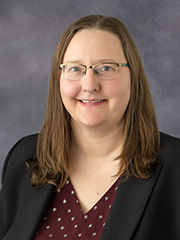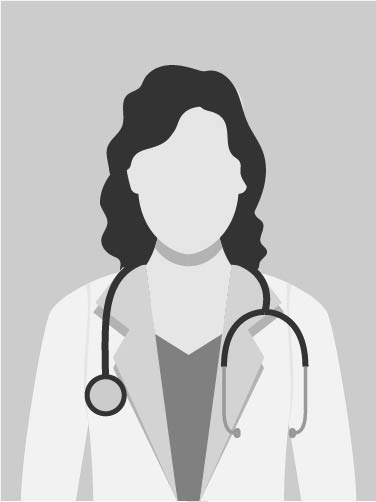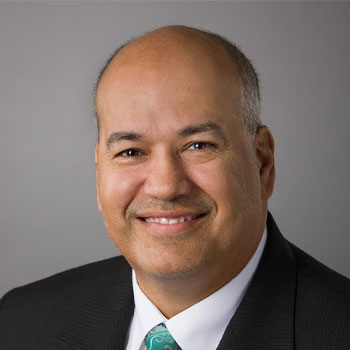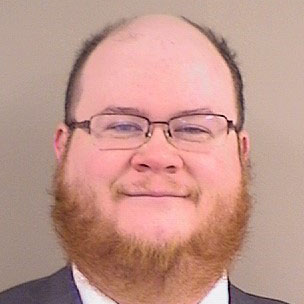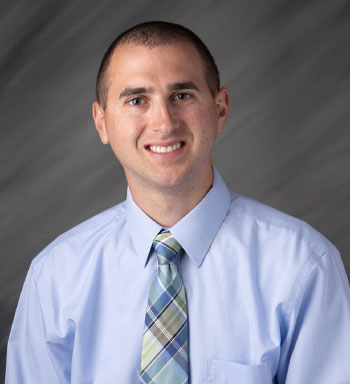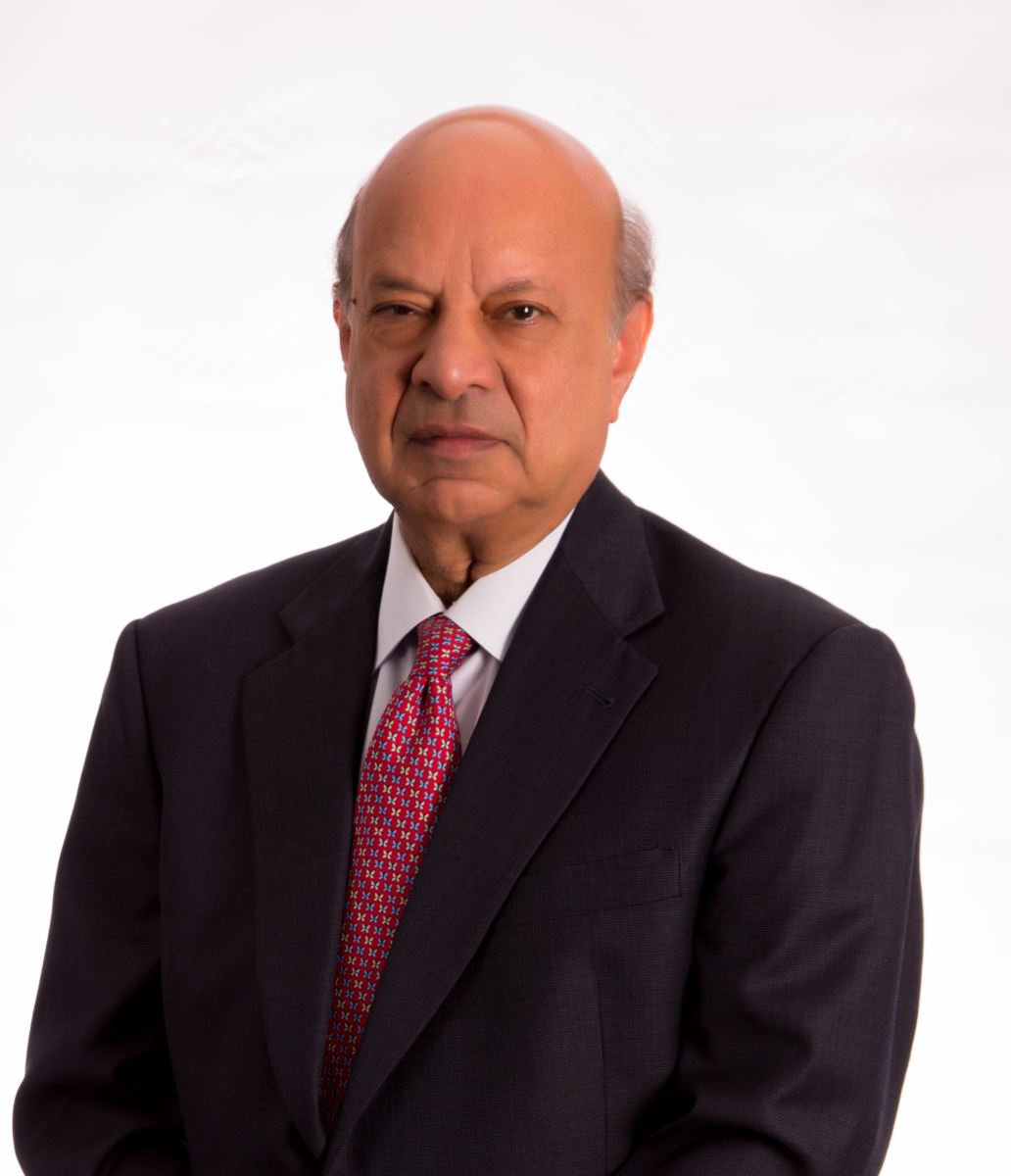Psychiatry
Services We Provide
- Addiction
- Opioid Addiction
- Bipolar Disorder
- Depression
- Generalized Anxiety Disorder
- Obsessive Compulsive Disorder
- Personality Disorder
- Schizophrenia
To learn more about our psychiatry services, contact us at 641-494-5170.
Addiction
Addiction is an uncontrollable dependence on a certain substance or activity. People become addicted to different things for different reasons, but they all can be affected both physically and psychologically.
Physical addictions are usually a result of a particular substance. After excessive use, people build up a tolerance so they need a larger and larger dose to feel the same effects of the substance. If they do not use the substance, they may suffer from symptoms of withdrawal. Psychological addictions occur when there is an uncontrollable urge to use or perform their addiction. Some of the most common addictions include:
- Alcohol
- Drugs
- Caffeine
- Nicotine/Smoking
- Shopping
- Sex
- Internet
- Dieting
Quitting an addiction is an extremely difficult task. While recognizing your problem is the first major step, quitting takes hard work and commitment. It is often helpful to use psychotherapy to quit an addiction. Emotional support from friends and family is also crucial to your success. Continued determination will help you reach your goal and fight off any temptations for relapse.
Opioid Addiction Treatment (Suboxone)
Suboxone is used to treat opiate dependence.
Opioid dependence is increasingly a problem in many communities. An estimated 20% or more of individuals interested in getting help for their dependence avoid seeking treatment because of the stigma attached to the condition and limited treatment availability.
Our providers are specifically trained in office-based treatment of opioid dependence. Those dependent on opioids often prefer office-based treatment because it allows greater privacy than more traditional forms of care. In addition, because the medication used (buprenorphine/naloxone) is available by prescription, office-based treatment is often more flexible and convenient than other treatments. It is an important part of an overall treatment plan for combating opioid addiction when used in conjunction with therapy and support.
Bipolar Disorder
Bipolar disorder, also known as manic-depressive illness, is a complex brain disorder that involves sudden mood shifts from high to low. These dramatic mood swings, known as episodes, are referred to as stages of mania and depression. Bipolar disorder affects over 5 million Americans. It most frequently develops in late adolescence or early adulthood but may begin during childhood, as well. Episodes of bipolar disorder can last for days, weeks or months. Symptoms of each phase may be mild or severe but can include:
Mania
- Euphoria
- Increased Energy
- Restlessness
- Aggressive Behavior
- Decreased Need for Sleep
- Increased Sexual Drive
- Inability to Concentrate
Depression
- Sadness
- Hopelessness
- Anxiety
- Guilt
- Fatigue
- Change in Appetite
- Loss of Interest
- Suicidal Thoughts
The severity and frequency of these symptoms are classified into different types of bipolar disorder. The cause of bipolar disorder is not known, but it is believed to be a combination of genetic, biological and environmental factors.
If left untreated, bipolar disorder will worsen and can eventually lead to suicide. It is important to see your provider if you experience symptoms, especially suicidal thoughts. Treatment usually includes mood stabilizing, antidepressant or anti-seizure medications and psychotherapy. Since the disorder is recurring, long-term treatment is usually recommended to maintain a balanced mood. Long-term treatment can help make this potentially life-threatening disease manageable. Talk to your provider at the first sign of symptoms to help treat bipolar disorder.
Depression
While everybody feels sad or blue every once in a while, many suffer from an actual medical condition, known as depression, that affects their lives on a daily basis. Depression is characterized by constant feelings of sadness or emptiness, and it may be triggered by certain events or co-exist with other illnesses.
There are several different depressive disorders, but major depressive disorder is the most common. Symptoms of major depression include:
- Feeling Sad or Hopeless
- Loss of Interest in Normal Activities
- Crying Spells
- Trouble Sleeping
- Trouble Concentrating
- Irritability
- Fatigue
- Aches and Pains
- Suicidal Thoughts
Like other psychological disorders, the cause of depression is not specifically known, but it is believed to be a combination of genetic, biological and environmental factors. Depression often occurs with other illnesses, including anxiety disorders, substance abuse, heart disease, stroke and cancer.
Although depression can be a serious condition, it is highly treatable. It is important to talk to your provider if you are experiencing symptoms to help prevent the condition from worsening. Treatment of depression typically includes medication and psychotherapy. Following effective treatment methods can help make depression a manageable and much less dangerous condition.
Generalized Anxiety Disorder
While we all worry about important issues in our everyday lives, some people are constantly worrying over the littlest things and let it affect the way they live. If you are always feeling anxious and have trouble concentrating, you may suffer from Generalized Anxiety Disorder (GAD). GAD is a common anxiety disorder that affects about 4 million people in the US each year. The cause of GAD is not known, but it is believed to be caused by a combination of biological, genetic and environmental factors. Symptoms appear gradually and most commonly begin during childhood or adolescence, although it can begin in adulthood as well. People with GAD may experience:
- Excessive and constant worrying
- Restlessness
- Irritability
- Trouble concentrating
- Trouble falling or staying asleep
- Headache
- Sweating
- Nausea
- Lightheadedness
- Hot flashes
Your provider can diagnose GAD by evaluating your symptoms and medical history and performing a physical examination. GAD can be effectively managed through medication and cognitive-behavioral therapy. Talk to your provider today if you have experienced symptoms of GAD.
Obsessive Compulsive Disorder
Obsessive compulsive disorder, also known as OCD, is a common anxiety disorder that involves repetitive thoughts and controlling rituals. Obsessive compulsive disorder affects over 3 million Americans and is often accompanied with eating disorders, depression or other anxiety disorders.
Those with obsessive compulsive disorder are overwhelmed by constant fears and distressing thoughts, known as obsessions, which they cannot control. These obsessions can include fear of dirt or germs, harming others, making a mistake or being embarrassed. In order to counteract these obsessions, those with obsessive compulsive disorder will perform certain rituals, known as compulsions. Common compulsions include:
- Repeated bathing or washing hands.
- Counting while performing routine tasks.
- Arranging things in a certain way.
- Performing tasks a certain number of times.
- Touching things in a certain order.
The true cause of obsessive compulsive disorder is not known, but certain biological and environmental factors play a role. Most cases develop in childhood, adolescence or early adulthood. Obsessive compulsive disorder treatment focuses on cognitive-behavior therapy which teaches you to confront fears and reduce anxiety without the use of rituals. Severe cases of obsessive compulsive disorder may require electroconvulsive therapy or psychosurgery to release neurotransmitters in the brain.
Personality Disorder
Personality disorders are a group of common mental conditions characterized by certain thoughts and behaviors that are often self-destructive. These conditions affect up 10 to 15 percent of people at some point in their lives and can range from mild to life-threatening. These disorders tend to develop during childhood and are believed to be caused by a combination of genetic and environmental factors.
Symptoms of a personality disorder can vary greatly depending on the type of disorder and the affected individual, but general symptoms can include:
- Mood swings
- Angry outbursts
- Social isolation
- Troubled relationships
- Lack of impulse control
- Alcohol or substance abuse
Personality disorders are usually grouped into three different clusters based on the similar effects they may have.
- Cluster A – Odd, eccentric thinking and behaviors as in paranoid and schizoid disorders.
- Cluster B – Dramatic and emotional thinking and behaviors such as antisocial, narcissistic and borderline disorders.
- Cluster C – Anxious and fearful thinking and behaviors as in avoidant, dependent and obsessive-compulsive disorders.
If you or someone you know seems to be experiencing signs of a personality disorder, it is important to seek medical help. Personality disorders can lead to depression, abuse, violence and even suicide.
Treatment for these disorders usually includes psychotherapy, medications, hospitalization or a combination of these. Working with a team of experienced providers to provide full physical and emotional support is often most effective. It is important for you to work with your provider(s) to decide which treatment is best for you and receive the best possible care.
Schizophrenia Treatment
Schizophrenia is a serious and dangerous disorder of the brain that involves hearing voices, paranoia and terrifying thoughts. Schizophrenia affects about one percent of Americans and is a disabling disease that often leaves people unable to hold a job or take care of themselves. Signs of schizophrenia usually begin earlier in men than in women but occur in the 20s or early 30s. The specific cause is unknown, but like other mental illnesses, it is believed to be a combination of genetic and environmental factors. Schizophrenia also tends to run in families, where the occurrence of disease increases to 10 percent.
Symptoms of schizophrenia fall into three different categories: positive, which are abnormal behaviors not seen in healthy people; negative, which are a decrease in normal emotions and behaviors; and cognitive, which are subtle and usually only detected through neuropsychological testing. Some of these symptoms include:
- Positive – hallucinations, delusions, unusual thoughts, clumsy and uncoordinated movement.
- Negative – loss of interest in everyday life, inability to partake in planned activity, decrease in speaking, neglecting basic hygiene.
- Cognitive – trouble paying attention, problems with working memory, trouble absorbing information.
There is no cure for schizophrenia, but the disorder can usually be managed through effective treatment of symptoms. Treatment usually includes antipsychotic medications and psychosocial therapies. A stable support system is also important for the treatment of schizophrenia. If you or someone you love is suffering from these symptoms, speak to your provider right away.
To make an appointment with our psychiatrists, contact us at 641-494-5170.
MercyOne North Iowa Psychiatry
250 South Crescent Drive Suite 10
Mason City, Iowa 50401
641-494-5170

